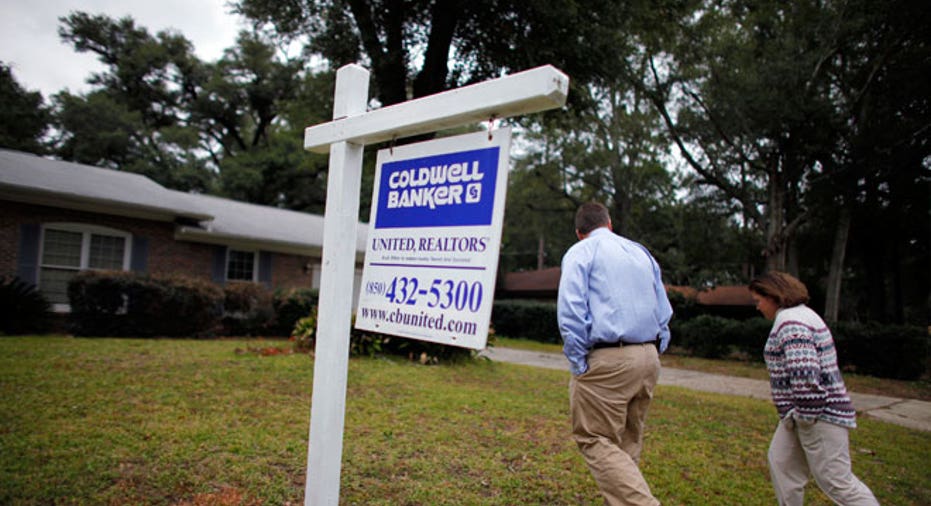The Tax Implications of Buying a Home

A home is the biggest purchase many of us will make in our lifetimes, and it comes with significant tax implications.
As we head into spring, experts forecast home-buying activity to heat up and recommend potential buyers get their finances in order and work to get pre-approved for a mortgage before starting their hunt. But it’s also important for buyers to know the tax implications and deductions of becoming a homeowner.
Here’s a guide of the applicable tax credits and deductions when it comes to owning a home. Keep in mind these rules only apply to a personal residence, not an investment property, vacation home, a home office or a rental unit.
Down Payment
Your down payment is not a tax deductible item. However, if you cash out a retirement plan to fund your down payment, let the plan administrator know that this is the purpose of the distribution. You can avoid the early withdrawal penalty if under age 59 1/2 if you are a first time home buyer and the funds are used for acquisition, which includes buying, building or rebuilding a first home.
Keep in mind that even though you avoid the penalty you will still owe taxes on the amount of the distribution. You can find more information in IRS Publication 590.
Closing Costs
Closing costs are not deductible. But comb through the escrow settlement statement, you may find some deductible items such as property taxes and loan origination fees (points).
Also track the closing costs associated with any refinancing as these can discount a profit when you sell the home. Points paid in a refinance can be amortized over the life of the loan and deducted on your tax return.
Repairs, Remodeling, Construction Costs
Any repairs, remodeling and constructions costs made to your home are also not deductible.
However, you should start a file to keep receipts for capital expenditures as well as pictures of any construction projects. But they must be for major improvements. So we’re talking new hot water heater, roof replacement, additions, kitchen remodels, new windows, etc. Do not include plumbing repairs, maintenance, painting or cleaning. Those are not capital expenditures that can qualify as additions to basis.
Do not dispose of any of these receipts while you own the home. All of these expenses can be added to basis to reduce taxable gain when you sell.
You also can not deduct fire and earthquake insurance, principal portion of mortgage payment, and utilities
So What Can I Deduct?
You can deduct mortgage interest and property taxes on Schedule A, Itemized Deductions. You will receive a Form 1098 from the lender in January of each year showing how much you paid in mortgage interest. If you have an impound account with the lender, the total amount paid in property taxes will be reflected on this form as well.
If you have private party financing --perhaps your parents helped with the down payment and you are paying them back--you may deduct the interest on these payments, but only if the note is secured by the property.
Up until Dec. 31, 2013, Private Mortgage Insurance was allowed as a deduction, but it now sits limbo on Capitol Hill as one of the 55 extenders up for possible renewal.
For more information on this topic, see IRS Publication 530.



















